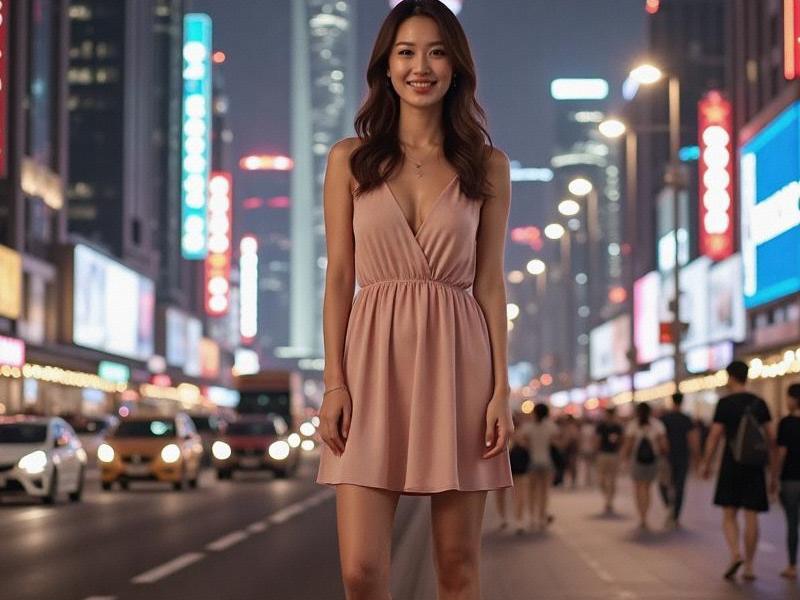
In the neon-lit streets of Shanghai's French Concession, a quiet revolution is taking place. The city's women - long celebrated for their elegance and business acumen - are now emerging as China's most powerful cultural exporters. From fashion runways to tech incubators, Shanghai's female professionals are redefining what it means to be a modern Chinese woman.
The New Cultural Architects
Statistical Profile:
- 73% of Shanghai's fashion designers are female (national average: 41%)
- Women lead 68% of the city's top-rated lifestyle media platforms
- Female-founded cultural startups receive 42% of venture funding
- 56% of Shanghai's art gallery owners are women under 40
"Shanghai women have an innate understanding of how to blend Chinese traditions with global trends," observes cultural commentator Li Xinyi. "They're creating a new East-West aesthetic language."
上海龙凤419 Fashion Frontiers
Industry Transformations:
- Homegrown brands like Ms Min and Uma Wang gaining international acclaim
- Sustainable fashion initiatives led by female designers
- Digital fashion shows attracting global audiences
- Qipao reinterpretations becoming streetwear staples
Digital Content Empires
Media Innovations:
上海花千坊419 - Lifestyle vloggers setting national beauty standards
- Podcast networks focusing on female empowerment
- Educational platforms making Chinese culture accessible
- AR filters showcasing Shanghai's architectural heritage
Cultural Entrepreneurship
Business Models:
- Pop-up museums curated by female artists
- Fusion cuisine concepts reinventing Shanghainese food
- Literary salons reviving 1930s intellectual traditions
爱上海 - Co-working spaces designed for creative women
Challenges and Opportunities
Key Issues:
- Combating gender stereotypes in creative fields
- Protecting intellectual property in digital spaces
- Maintaining cultural authenticity amid commercialization
- Addressing work-life balance pressures
As Shanghai solidifies its position as China's cultural capital, its women stand at the forefront of this transformation. Their unique ability to navigate both Chinese traditions and global influences positions them as the architects of China's next cultural renaissance - one that promises to redefine international perceptions of Chinese creativity.
